What does it mean for small businesses?
Current Framework and Changes:
- Statutory Sick Pay (SSP) currently requires employees to earn above a certain threshold (£123/week) to be eligible, and they can only receive it starting from their fourth day of sickness absence. This excludes up to 1.3 million low-paid workers and discourages taking necessary sick leave, which can lead to health issues and reduced productivity.
- The government plans to remove the earnings threshold and the waiting period, allowing all employees to receive SSP from their first day of absence, which aims to provide better financial security and promote a healthier work environment.
Key Measures:
- Universal Eligibility: SSP will be available to all employees regardless of earnings, benefiting those currently earning below the Lower Earnings Limit.
- Immediate Access: Employees will receive SSP from the first day of sickness absence instead of waiting for four days.
- Implementation of Fair Work Agency: A new enforcement body will oversee SSP enforcement and dispute processes.
Next Steps for Small Businesses
- Understand Changes: Familiarise yourself with the new eligibility criteria and the immediate payment of SSP to ensure compliance.
- Update Payroll Systems: Adjust payroll systems to accommodate the changes in SSP eligibility and calculation, especially for employees earning below the current flat rate.
- Communicate with Employees: Update documents such as the Employee Handbook and inform staff about the changes to SSP and how it may affect them.
- Monitor Financial Impact: Assess the financial implications of these changes on your business, particularly regarding payroll costs and potential impacts on productivity.
By preparing for these changes, you can enhance employee well-being and stay compliant. We can support you!
Get HR And Employment Law Advice Today
Speak To Our Experts For The Answers You Need
Call Us Now on 01292 676063


